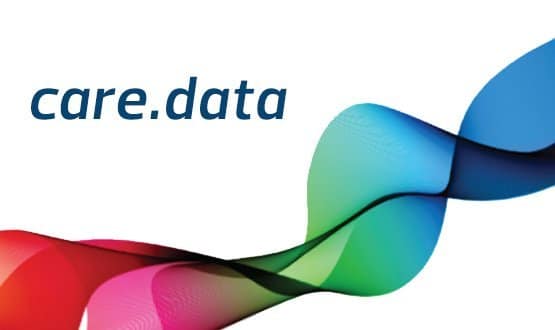No date for care.data report response
- 11 February 2015

The programme director for care.data says she is happy with its “very productive” pathfinder phase, despite no date being set for a response to unresolved questions raised by an independent panel.
Eve Roodhouse, care.data programme director for the Health and Social Care Information Centre, spoke about the beleaguered programme at a Westminster Health Forum seminar yesterday on electronic health records and IT in the NHS.
The care.data programme will extract data sets from different organisations, starting with GP practices, and link them to an expanded set of Hospital Episode Statistics within the 'safe haven' of the Health and Social Care Information Centre.
NHS England was forced to “pause” the programme last February after medical and privacy groups objected to a public leaflet campaign that failed to include a clear account of the programme, who would receive the data, or an opt-out form for patients.
Last October, clinical commissioning groups in Leeds, Blackburn, Somerset and West Hampshire were selected as care.data ‘pathfinders’ as part of a revised roll-out plan to test different communication strategies with patients.
However, a report from national data guardian Dame Fiona Caldicott and the Independent Information Governance Oversight Panel late last year raised a wide range of “unresolved” questions that must be answered before data extractions can begin.
Roodhouse acknowledged that care.data “had a bit of a painful birth” but said it has since improved, with over 100 GP practices now signed up for the pathfinder phase.
She said the pathfinders will focus on communication and engagement, with plans to send a letter to every patient in the relevant GP practices explaining the purpose of care.data and their right to opt out.
“This is about making sure we’re actually reaching all patients to make sure that citizens make an informed choice about their data.”
Roodhouse said there will be no formal evaluation of the pathfinder phase until it is completed, with feedback gathered from GPs. However, the changes made to the programme appear to have had the desired effect.
“The general consensus is that this way of working is very, very productive in terms of us understanding what the challenges are locally.”
Roodhouse said the programme team is currently speaking to the CCGs about finalising a timeframe for fair processing, but no extractions will begin until the questions in the panel’s report are addressed.
“A large number of questions relate to things we feel confident we’re able to address through the work we’re currently doing, but there are a couple that are harder in terms of working through them.”
After her presentation, Roodhouse told EHI News the programme team is yet to finalise how and when it will respond to the concerns raised by Caldicott and the panel.
“Obviously we’ve been speaking to her, and to [the panel], and we’ve made our own assessment against the questions, but we haven’t agreed with Dame Fiona exactly how we will proceed.”
In her own presentation, Caldicott spoke about the importance of clarifying issues of implied consent and opt-outs for the public.
“There’s not a clear legal definition of implied consent: things are assumed when you move from a GP to a doctor…but it doesn’t have that clarity that we think the public would wish to have.”
She said an audit trail for patients and carers, clearly outlining who has accessed their data and for what reasons, could help to build confidence in the value of data-sharing.
Caldicott also said care providers need to provide staff with more information about good practice for information governance, due to the complexity of the subject.
The issue is important not just for new staff, but for senior employees who take on more responsibility within an organisation, she said.
“As people become senior and have more responsibility clinically, they need to know the rules and not turn to the so-called Caldicott Guardian in their organisation for advice.”




